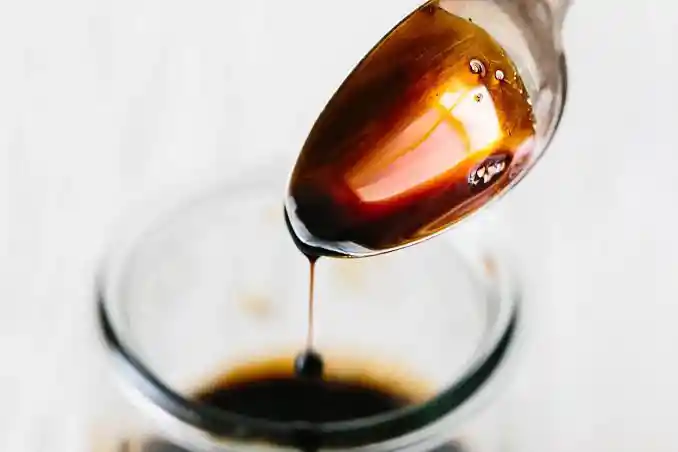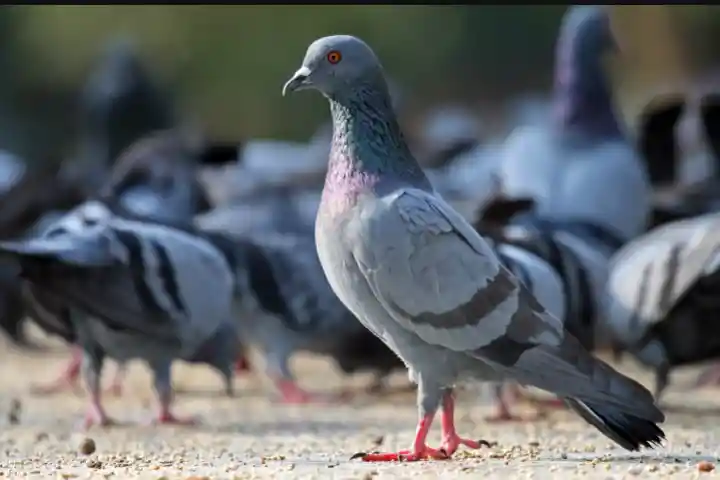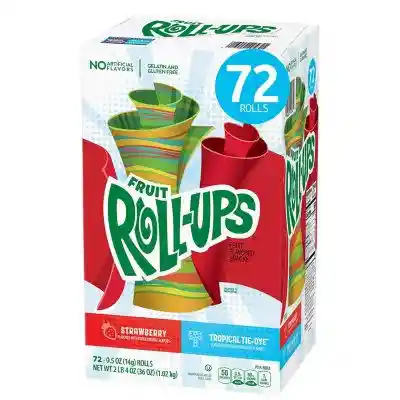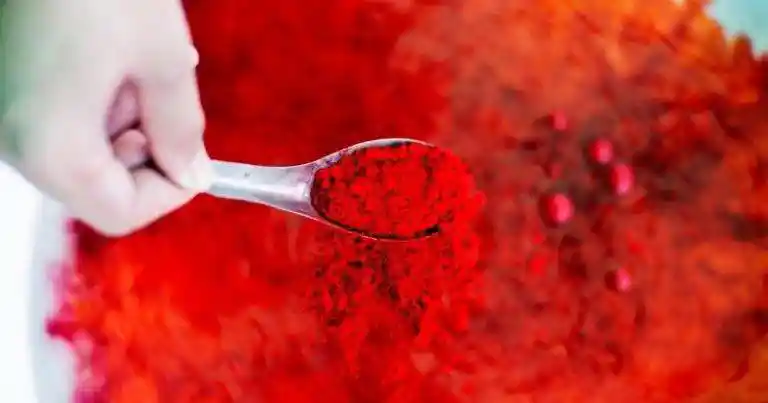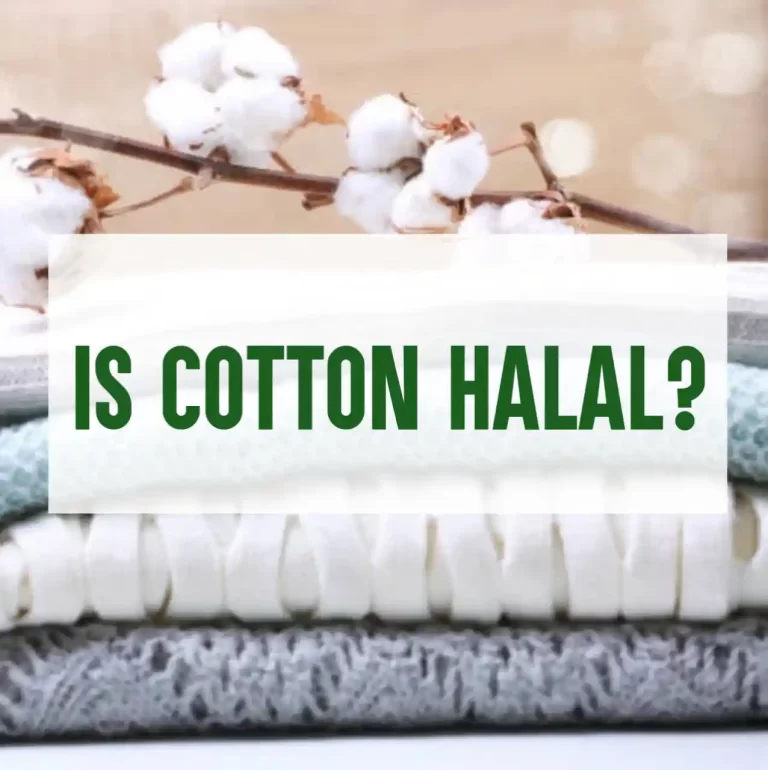Is Balsamic Vinegar Halal? What You Need To Know
Advertisements
Welcome to our blog post on the question ‘is balsamic vinegar halal?’. This is an important question for Muslims who are looking to adhere to the guidelines set forth in Islamic law.
Balsamic vinegar is a type of vinegar that is made from grape must, which is the juice of grapes that is left over after the grapes have been crushed to make wine.
While balsamic vinegar is a popular ingredient in many dishes, there has been some debate about whether or not it is halal, or permissible for Muslims to consume according to Islamic law.
In this blog post, we will explore the issue of whether balsamic vinegar is halal and provide some guidelines for Muslims to follow when determining whether or not to include it in their diet.
Whether you’re a Muslim looking to ensure that your diet is halal, or simply someone who is interested in learning more about this topic, we hope that this post will provide some valuable insights.
Advertisements
Is Balsamic Vinegar Halal?
Yes, Balsamic vinegar is halal permissible to consume. It is Halal including if the source is alcohol because it undergoes complete transformation and does not intoxicate. This is the general rule, however, you must ensure that total transformation has taken place and no alcohol has been added to the vinegar later, as this sometimes occurs.
Balsamic vinegar does not contain alcohol even though it is made from grape juice. Balsamic vinegar is made from grapes.
They make a grape juice of harvested white grapes and then they cook the juice into a grape must, which is made from whole pressed grapes, including skins, seeds, stems, and the juice.
You may also like: Is Root Beer Halal or Haram? (A&W, Mug, Bundaberg)
Ruling On Wine Turned Into Vinegar
If wine turns into vinegar on its own, without any treatment, there is no scholarly disagreement about whether it is permissible to use this vinegar that has developed from wine.
Advertisements
According to the majority of jurists, the same holds true if it is converted into vinegar by moving it from the sun to the shade or vice versa.
It is proven that the Prophet (blessings and peace of Allah be upon him) ate vinegar, and he praised it and spoke highly of it, as Muslim (2052) narrated from Jabir ibn ‘Abdillah (may Allah be pleased with him) that the Prophet (blessings and peace of Allah be upon him) asked his family for condiments and they said:
We do not have anything but vinegar. He called for it and he started eating it, saying: “What a good condiment vinegar is, what a good condiment vinegar is.”
With regard to treating wine so that it becomes vinegar, by adding vinegar, onions or salt into it, or putting it on the fire for the purpose of turning it into vinegar, such treatments are haram according to the more correct scholarly view.
This is the view of the Shafi’is and Hanbalis, and is mentioned in one report from Malik.
“The Hanafis say – and this is the more correct view according to the Malikis – that it is permissible to turn wine into vinegar, and it is permissible to eat and drink that vinegar, because the Prophet (blessings and peace of Allah be upon him) said:
“What a good condiment vinegar is” in general terms, without differentiating between vinegar that is produced by subjecting it to a deliberate process and vinegar that results from a natural process.
That is also because subjecting wine to a deliberate process to turn it into vinegar removes the evil characteristics [of wine] whilst leaving the good characteristics, because it contains some characteristics that are beneficial for medicinal and nutritional purposes, and other purposes.
If the corrupt element which dictates the prohibition of wine is removed, it becomes halal, just as in the case when it turns into vinegar by itself.
The evidence for the prohibition on subjecting wine to a deliberate process to turn it into vinegar is the report narrated by Ahmad (12189) and Abu Dawud (3675) from Anas ibn Malik, according to which
Abu Talhah asked the Prophet (blessings and peace of Allah be upon him) about some orphans who had inherited some wine, and he said, “Pour it away.” Abu Talhah said: Can we not turn it into vinegar? He said: “No.”
The hadith was classed as sahih by al-Albani in Sahih Abi Dawud. An-Nawawi (may Allah have mercy on him) said:
“… According to the scholarly views concerning wine that turns into vinegar by itself and subjecting wine to a deliberate process to turn it into vinegar, if it turns into vinegar by itself, then it becomes pure (tahir), according to the majority of scholars.
Al-Qadi ‘Abd al-Wahhab al-Maliki narrated that there was consensus on that; others narrated from Sahnun al-Maliki that it does not become pure.
But if it turns into vinegar as the result of adding something to it, then the view of IslamQA is that it does not become pure. This was the view of Ahmad and the majority.
Shaykh Muhammad al-Mukhtar ash-Shinqiti said in Sharh Zad al-Mustaqni‘:
“The majority of scholars are of the view that if wine turns into vinegar by itself, it becomes halal and pure, because the Prophet (blessings and peace of Allah be upon him) said, as is narrated in the sahih hadith: “What a good condiment vinegar is.”
And vinegar cannot become vinegar until after it has been wine. This is what is meant, if it turns into vinegar by itself. The evidence that it is halal if it turns into vinegar by itself is the hadith of Abu Talhah (may Allah be pleased with him), when he asked the Prophet (blessings and peace of Allah be upon him) about wine that belonged to some orphans, and the Prophet (blessings and peace of Allah be upon him) instructed him to pour the wine away.
If it had been permissible to turn the wine into vinegar [through a deliberate process], the Prophet (blessings and peace of Allah be upon him) would not have instructed him to pour it away.
This indicates that it is not permissible for the owner of the wine to deliberately turn it into vinegar himself, but if it turns into vinegar by itself, then it is permissible and it is pure in that case.”
Ruling on wine turned into vinegar by means of some deliberate process
If the wine turns into vinegar by means of some deliberate process, does the wine become pure and is it permissible to use the vinegar that has been produced by means of that haram process?
There is a difference of scholarly opinion concerning that; the soundest of the views are two views:
That it becomes pure, and the vinegar becomes permissible thereby, if a large amount of it does not cause intoxication.
That it becomes pure and the vinegar is halal, if it was turned into vinegar by someone who believes that wine is permissible. So vinegar that is produced by the People of the Book is permissible.
Shaykh Ibn ‘Uthamin (may Allah have mercy on him) said:
“In the phrase “if it turns into vinegar [as the result of a deliberate process],” the pronoun refers to the wine, and what is meant is that something is deliberately added to it that will remove its intoxicating effects, such as nabidh and so on, or it is subjected to a process that takes away its intoxicating effect.
The well-known view in our madhhab is that if it is subjected to a deliberate process to turn it into vinegar, it does not become pure, even if its intoxicating effect is removed.
For more details answer, visit Islam Q&A
Advertisements

